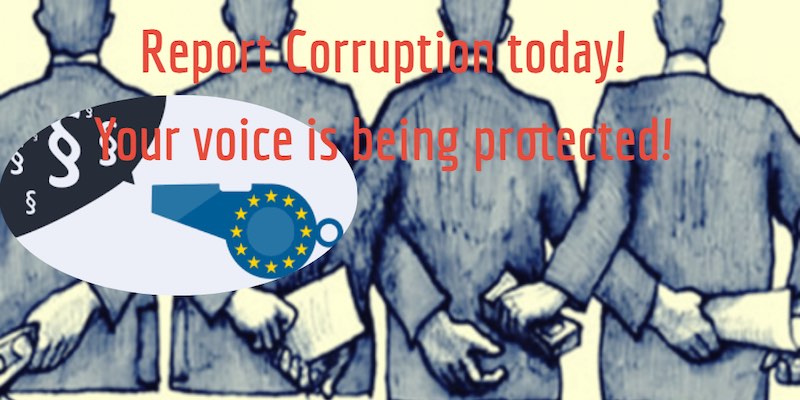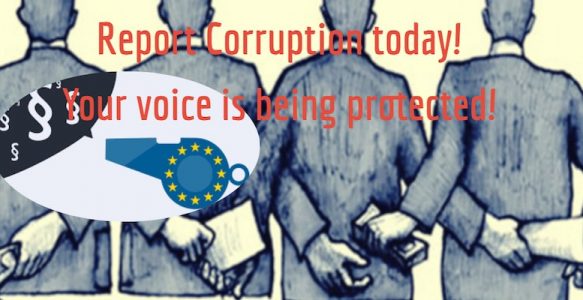In an age of cataclysmic information the pair “transparency and secrecy” occupy more and more the contemporary liberal democracies. There seems to be an increased urge from citizens demanding more openness, transparency and accountability in political and corporate governance, in public processes as well as in law reform.
Transparency and secrecy have assumed a prominent place in the lingua franca of contemporary politics. Based on first reflections developed by famous philosophers of the 18th century, such as Rousseau, Kant and Bentham, transparency is conceived as a fundamental right and a moral imperative for citizens to get access to information detained by the authorities. Access to information affects decision making and citizen’s participation in public affairs. Thus s/he must have a true access to information. The diplomatic secrecy, for instance, that characterizes the trialogues or the true, genuine access in European documents in Council during the legislative process, undermines the functioning of an effective democracy and public trust towards public institutions.
Transparency is a multifaceted concept; a tool that enhances and boosts democratic public processes and when practiced effectively it constitutes the means to regain the public trust in authorities. Quite often transparency is defined as visibility contrasting opacity and secrecy. It’s also linked to accountability in the sense that secrecy deprives the authorities from disclosing information. Subsequently, the access and freedom of information has been perceived as a fundamental human liberty and right. The 20th century saw not only the spread of freedom of information legislation around the world, but also the implementation of modern classification systems, and the formalization and institutionalization of intelligence agencies. For all the above, freedom of information (FOI) contributes to enhanced empowerment and equality of all social groups promoting open data, citizens’ active participation, open government, transparency.
And here the question comes, how whistleblowing is linked to FOI and transparency. Secrecy creates environments where actions are not open to moral scrutiny in the name of public interest. If no moral scrutiny exists then the right to information is a bygone, a suppressed right. And so business ethics is. Organizations of any kind channel resources to achieve goals. In doing so, they must organize knowledge. This organizational knowledge is distributed within strict hierarchies, specialized sections, flexible teams or informal cliques. Whistleblowing has the potential to disrupt this knowledge distribution. This is where whistleblowing unfolds its utility;
It’s the employee within a public or private hierarchical structure that is equipped with the highest privilege; the inside living knowledge of daily practices and processes. What in literature is described as “wrongdoing”, “irregularity”, “malpractice” or further say “corruption” is the key component of the information disclosed by the protagonist; the employee. It is the implicit power of the whistleblower –employee which became a regulatory tool for more transparency, openness and accountability. Provided that sufficient protection measures from retaliation are in place the active employee could bring on surface the deep rooted or hidden corruption phenomena as a result of his/her privilege of “knowing”. In this sense, the employee as widely defined by the EU Directive 1937/2019, becomes a tool of anti-corruption and a means of accountability mechanism.
In particular the Directive adopts a wide perspective of the person who is an employee from the person who aids the employee in the disclosure of the information to third parties that are linked to him/her. Therefore, a volunteer, a trainee, regardless of the payment status and relationship, but as well as a mediator are defined as whistleblowers according to the Directive.
This broad role with which the whistleblower is equipped grants a higher protection from the retaliation s/he might suffer from. The fear of multiple types of retaliation is the true opponent of the whistleblower. Fear of losing income or work, fear of blackmailing or assaults, battery, physical or psychological harm and severe forms of violence that may lead to assassinations are the enemies of the whistleblower for his/her heroic act for revealing corruption.
In the literature the whistleblower is being perceived through monocameral lenses; either as a human right sourcing its dynamics from the freedom of expression or as a policy and a mechanism in business ethics and corporate governance. However, from a bicameral scope it could be deemed both as a human right and a policy stemming from the freedom of expression and right to access to information enacting the employee to speak up against corruption, malpractice, illegality, irregularity and abusive practices. The unfolding of this human right takes the form of policies, tools and mechanisms that safeguard the core of the right. One policy tool is the establishment of reporting channels within organizations that protect the disclosed information and the identity of the employee promoting a “clear” business field, moral and accountable. The establishment of whistleblowing reporting channels could maintain businesses healthy and robust substituting the use of compliance systems or even the use of internal audit.
In other words, to use an allegory whistleblowing can be viewed as a sun where its core lies in the human right of expression and its sunbeams are the necessary extensions of what one would call further policies and mechanisms.
This bicameral viewpoint can be better understood by making a further distinction; the subject, that is the whistleblower, is highly perceived as an anti-corruption tool that combats corruption phenomena emphasizing on the heroic action of revealing information that come from his/her privilege of inside living knowledge. The subject is directly associated with the human right whereas the object, that is the whistleblowing, is merely associated with the aspects of policies and practices established to regulate governance and promote moral scrutiny in the business functioning for the sake of public interest.
To conclude, the human right finds reflections in policies and practices as explained above. The distinction of the whistleblower and the whistleblowing only enhances the multileveled dynamic of this phenomenon. It is not an overstatement to consider the whistleblower as an active citizen, as a new form and type of participating in the democratic liberal processes counter-balancing the increased powers of the authorities. Whistleblower holds the government, the authorities, the administrations accountable for their acts and omissions, reinverse the role of the administration as imperium and lead to equal roles.
Whistleblower is more than just an employee who discloses information. Whistleblower is an active citizen, a participatory agent in the democratic processes. Whistleblower is a voice and not an echo· a voice of transparency and accountability, a voice of equality in the public affairs, in decision making, in daily life. Whistleblower restores the broken public trust in authorities, detects the opacity, the secrecy, the corruption, the unseen.
From public to private sector whistleblower is here to establish a new type of governance that is moral and democratic and in line with the rule of law, a common and ubiquitus leading principle across Europe.
* Balaoura Ioulia-Ioanna is an attorney at law and postgraduate student in the EU Criminal Law and Policy specialty at Panteion University, Athens. Since November 2019 she has been actively volunteering in Transparency International Greece in the framework of the EAT Project regarding whistleblowers

